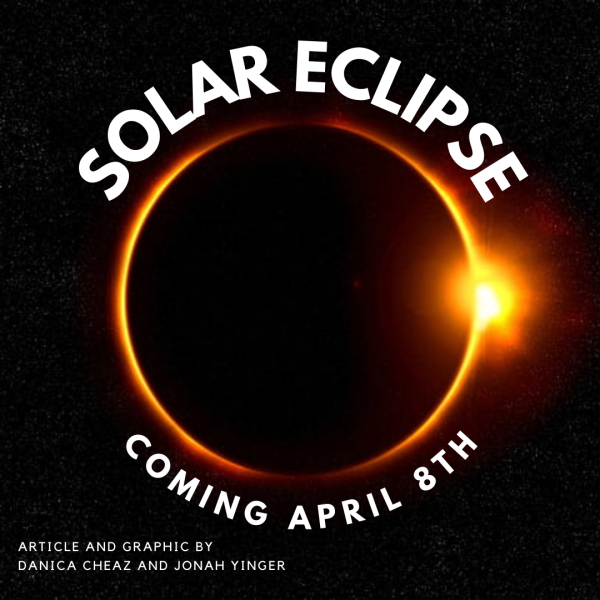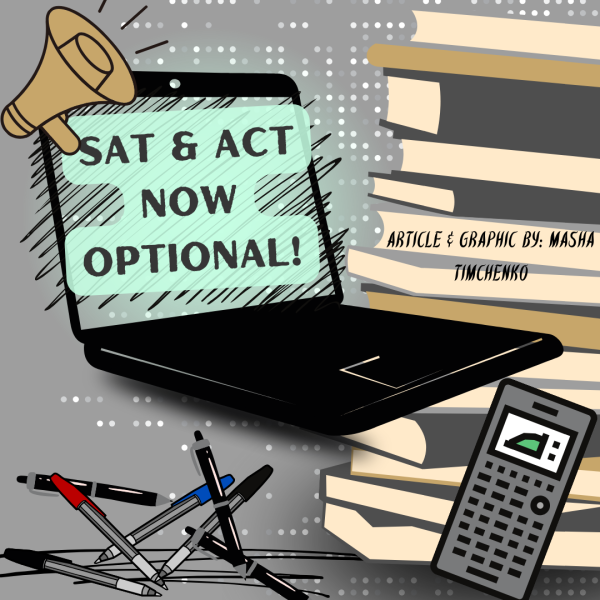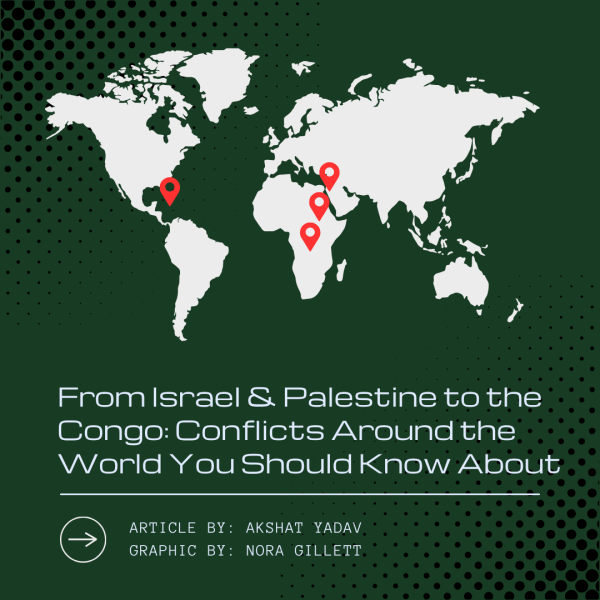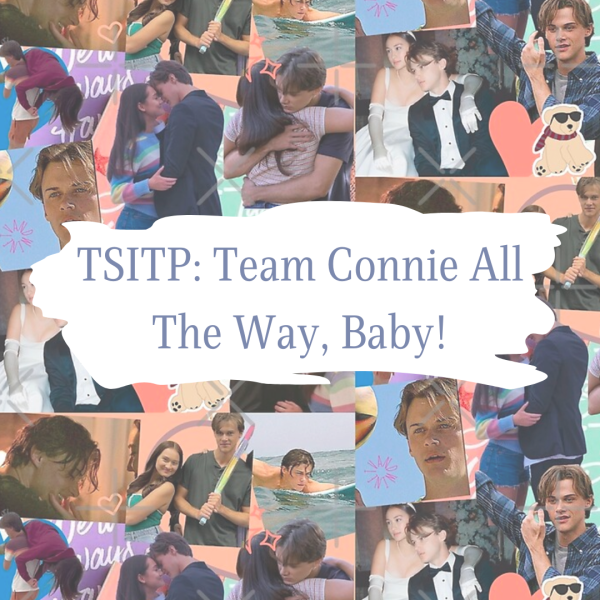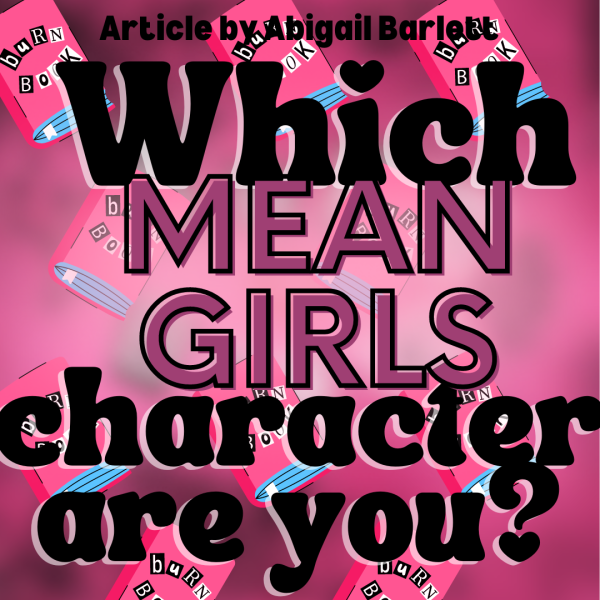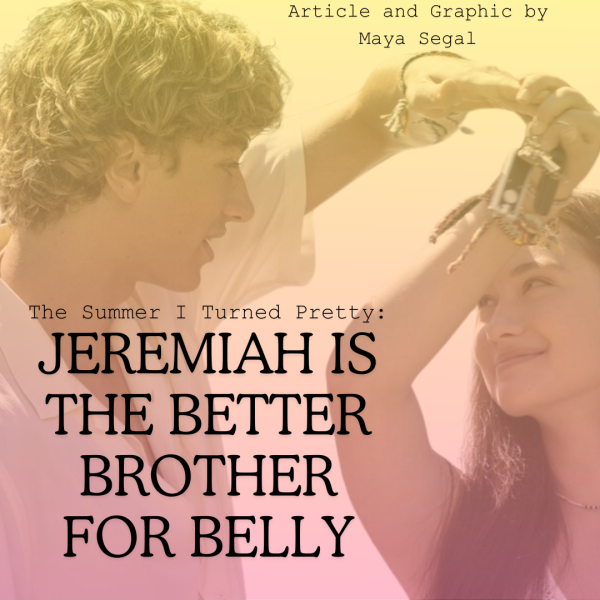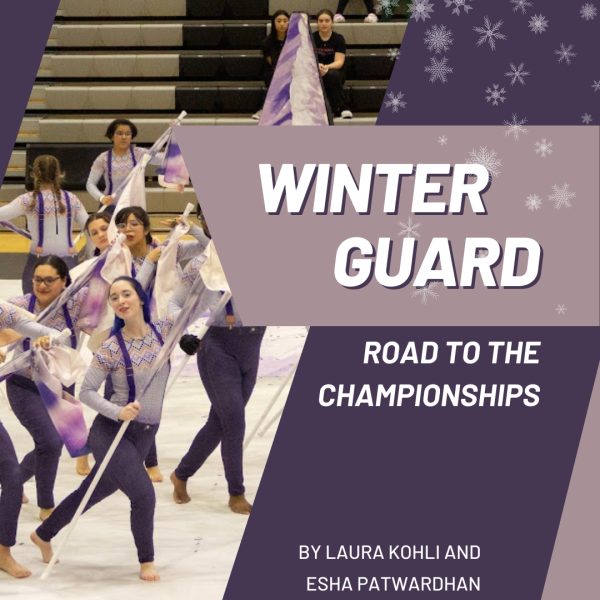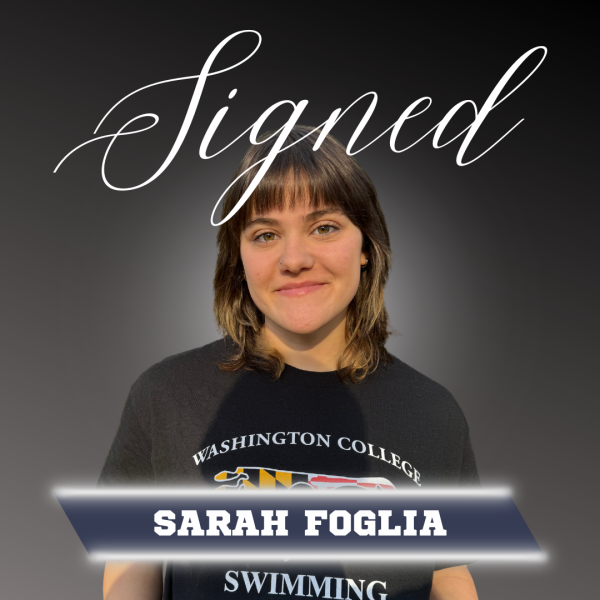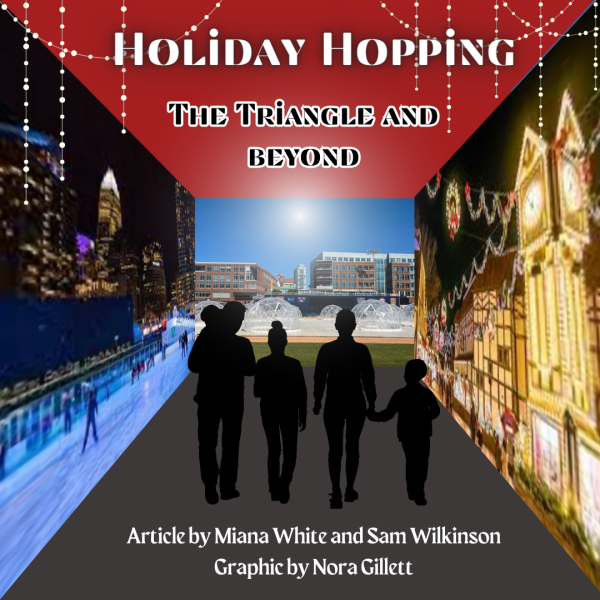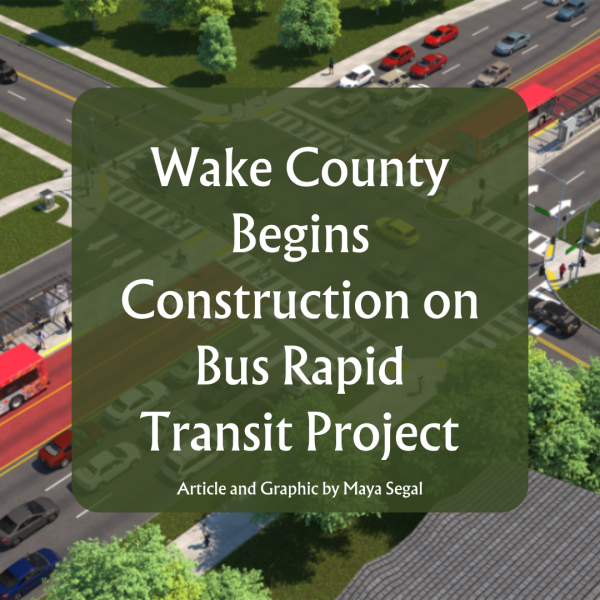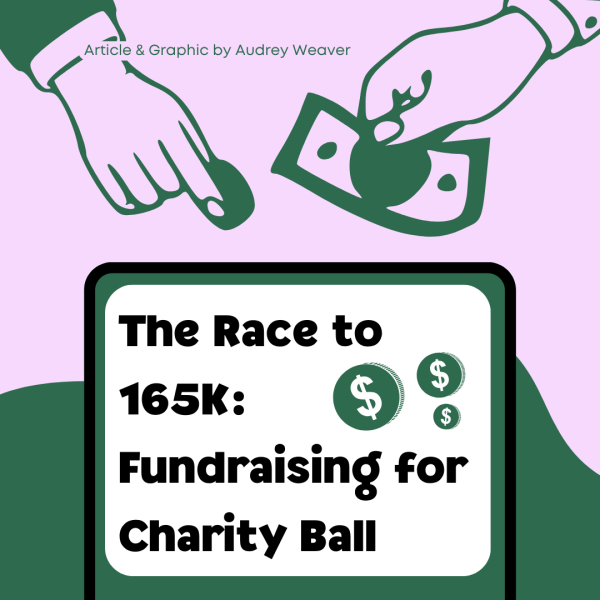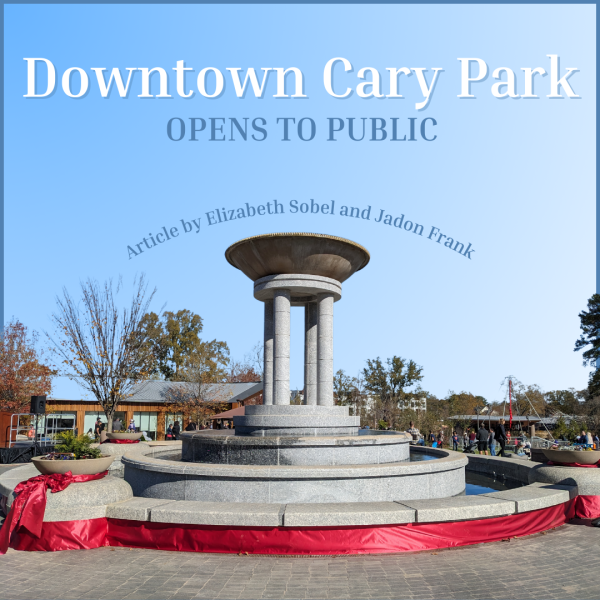Why Local Politics Matter with Zainab Baloch (Part 1)
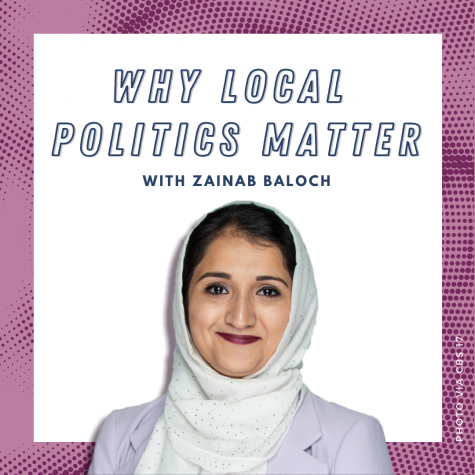 To describe this past year is a difficult task, but few can argue it’s been unforgettable to say the least. In March, the pandemic shut down the world. The upcoming presidential election has polarized Americans more than ever before. The death of George Floyd has sparked nationwide protests, calling for an end to police brutality and the racist precedent of America. (And whatever happened to the killer hornets?) Would you believe we still have three months to go? Attention has swivelled from Washington DC to Minneapolis to Kenosha and always back again to Washington DC. If you pride yourself in being aware, it’s likely you know all this. Yet amidst concerns for issues plaguing the country, are you informed about what’s happening locally? Raleigh is no exception to the movements that have swept the nation in 2020 and no exception to problems of its own. If you’re voting in the November election, it’s important to consider the rapid change that has been happening right in front of us. What should Raleigh residents and especially the young generation, be made aware of about politics specific to Raleigh and surrounding areas?
To describe this past year is a difficult task, but few can argue it’s been unforgettable to say the least. In March, the pandemic shut down the world. The upcoming presidential election has polarized Americans more than ever before. The death of George Floyd has sparked nationwide protests, calling for an end to police brutality and the racist precedent of America. (And whatever happened to the killer hornets?) Would you believe we still have three months to go? Attention has swivelled from Washington DC to Minneapolis to Kenosha and always back again to Washington DC. If you pride yourself in being aware, it’s likely you know all this. Yet amidst concerns for issues plaguing the country, are you informed about what’s happening locally? Raleigh is no exception to the movements that have swept the nation in 2020 and no exception to problems of its own. If you’re voting in the November election, it’s important to consider the rapid change that has been happening right in front of us. What should Raleigh residents and especially the young generation, be made aware of about politics specific to Raleigh and surrounding areas?
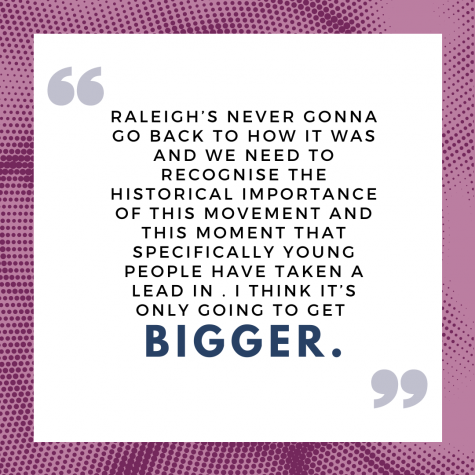
For input, we consulted Zainab Baloch, who at just 29 years old ran for Raleigh mayor in 2019. When she campaigned, she was a local beacon for Muslim representation and young people in Raleigh politics.
What are some of the issues people in Raleigh care about, or should care about, most? And how have city councillors tackled these issues? In your opinion, have they done a good or bad job?
ZB: I think this is an interesting question because when we talk about ‘people’ in Raleigh, I think that there are at least two separate sides because there are people that are currently influencing the decisions the council is taking, the ones not particularly impacted by the current issues of Raleigh, and then there are the people of the community, the people which are feeling the real-life issues. And so I think the city councillor has done a great job at tackling the issues of the wealthy, of developers, of the 1%. I think they have done a horrendous job at actually tackling any of the issues facing everyone else. They have done a worse job than I thought that they would after I ran for office, and going in a way that’s only making it worse. [We’ve ] yet to see any type of real innovative action on housing, gentrification, policing, immigration, etc.
After all the Black Lives Matter protests and issues that have gained traction in the past few months, how do you think the political mindset of Raleigh has changed?
ZB: Yes, it’s changed a lot. […] First off, before the protests, the average Raleigh resident wasn’t really paying attention to what city council was doing. After the election, people started paying a bit more attention. But now after the recent protests, where we’re at right now is many people being in this state of almost despair that “Wow, I didn’t realize city council was this bad. Or I didn’t know this was happening. Or I didn’t realize this was impactful, etc.” For a while, city politics got used to only having to deal with a small number of people, but now everyone’s watching or aware from either news or social media. I have seen people starting to get more aware like, “Hey, let’s check out the agenda before the city meeting and holy crap, they’re voting on an issue we knew nothing about.” [The mindset] has shifted at a level we’ve never seen before. We’ve never seen this many people aware of what city council is doing.
How do you think people of the young generation have affected change in Raleigh (whether in the political sphere or in the political mindset of the average people in Raleigh)?
ZB: They’ve made so much change in Raleigh in terms of continuously keeping people aware. Because of Gen-Z and young people, it’s made this other group, like people who have been part of Raleigh politics for the past three decades, shift over to a more open, innovative, more progressive mindset where they might have not been before. And that came from the voices of Gen-Z speaking out about it, and giving them also the power and courage to do the same. Before while they might’ve felt these ways, there was no type of substantial movement behind it. But with Gen-Z leading the charge, it gives people from other generations, courage to be part of it. Then groups also then being like “Hey like Gen-Z’s talking about this, we have an organization that was actually doing this so let’s take this idea and go forwards from there.”… They’re taking a very strategic three-tier approach, it’s not just on the ground, it’s not just social media, it’s actually attending city council meetings and talking to politicians. Gen-Z’s also thinking about it in a systematic way versus just one issue here and there. A lot of times when we’ve talked about this before the protests, it was just like that one issue and never thinking about how it impacted everything else. So that systematic level of thinking and critical thinking is what Gen-Z has brought into Raleigh politics at a level it’s never been seen before. It comes down to the fact that people have never really been aware or paid attention to city council and because of yall’s voice, our voices, it’s changed the game. Raleigh’s never gonna go back to how it was and we need to recognise the historical importance of this movement and this moment that specifically young people have taken a lead in . I think it’s only going to get bigger.
Going off of that, how do you think we as students, at Enloe and around Raleigh, can help young people better understand local politics and build engagement among young people?
ZB: I think you first have to understand it’s not fun work, it’s not that sexy, but you can make it engaging. You can form study groups with people to break down the agendas, making those 60-page agendas manageable and digestible for people who don’t have degrees yet but want to make change. Meetings like those can help all of us gain better understanding of not only what’s going on, but being aware and realizing the effects of bills passed two years ago, like how this zoning decision ended up causing this gentrification and so on. To make it engaging for young people, use things and methods people haven’t before, make it personal to your generation so that they can get passionate about it. Throwing information out there in ways that people will want to get involved. So I would say the way to help is for those people already involved to step up a level and put in the work that will then help other people step up and get engaged.
[End of Interview]
Zainab provides a fresh new voice for young people and marginalized people in local politics, and it’s crucial to get perspectives like hers on these issues. Some of our readers may not completely understand all of the issues that she brought up, which is why next week we’ll be back with a Part 2 explaining major issues and people in local politics! Stay tuned!
Your donation will support the student journalists of Enloe Magnet High School, allowing us to cover our annual website costs. We are extremely grateful for any contribution, big or small!
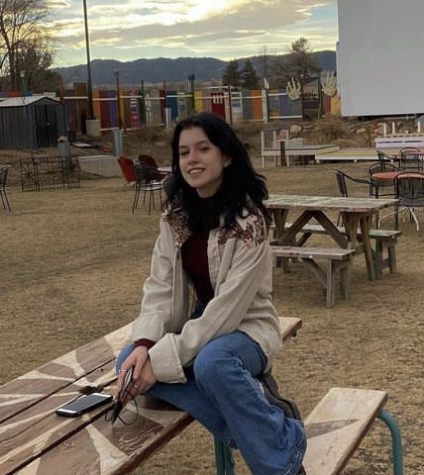
(She/her)
Andrea Duca is a senior excited to return for her third year at the Eagle's Eye as editor-in-chief! She plans to pursue economics in college...
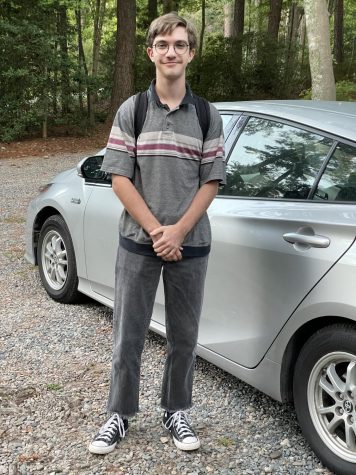
(He/him)
This is Owen! He's an aspiring musician, an amateur skater, a middle child, a JBrekkie enjoyer, and a staff writer for the Eagle's Eye. Owen...


